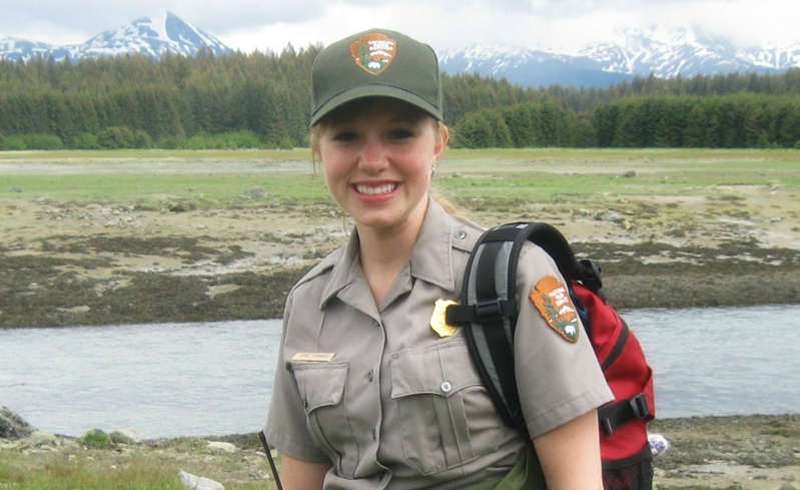Abu Dhabi,3,Adventure,29,Adventure Travel,729,Advice,72,Africa,30,Air Travel,195,Alabama,5,Alaska,29,Albania,2,Alberta,2,America,79,Amsterdam,3,Anguilla,4,Antarctica,9,Antigua,5,Antigua and Barbuda,1,Argentina,18,Arizona,29,Arkansas,4,Armenia,1,Aruba,4,Asia,2,Asia Travel,45,Athens,3,Austin,9,Australia,108,Austria,18,Azerbaijan,1,Bahamas,19,Bangladesh,8,Barbados,3,Beach Travel,77,Belarus,2,Belgium,16,Belize,17,Bermuda,7,Bhutan,9,Blue Lagoon,2,Boatswana,2,Bolivia,6,Bosnia and Herzegovina,2,Boston,3,Botswana,3,Brazil,57,Brunei,1,Budget Travel,106,Bulgaria,3,California,140,Cambodia,6,Canada,96,Caribbean,58,Caribbean & Mexico,6,Chicago,14,Chile,12,China,28,Christmas Travel,21,Clothes,1,Coliseum,1,Colombia,20,Colorado,53,Columbia,3,Connecticut,6,Corporate Travel,1,Costa Rica,20,Country Travel,253,Croatia,29,Cruiser Travel,18,Cuba,16,Cultural Travel,65,Cyprus,3,Czech Republic,6,D.C.,2,Delaware,2,Denmark,21,Destinations,31,Dominican Republic,4,Dubai,17,East Africa,4,Easter Island,1,Eco Travel,23,Ecuador,11,Egypt,13,Emirates,1,England,21,Estonia,2,Eswatini,1,Ethiopia,2,Europe,119,Fall Travel,52,Family Travel,130,Faroe Island,2,Faroe Islands,1,Featured,72,Features,416,Festival Travel,26,Fiji,10,Finland,16,Florida,92,Food,7,France,64,Free Travel,1,French,6,French Polynesia,11,Galapagos,4,Georgia,21,Germany,28,Ghana,3,Great Britain,1,Greece,56,Greenland,2,Grenada,2,Guatemala,3,Halloween Travel,11,Hawaii,74,Hayden Panettiere,1,Hiking Travel,69,Historical Travel,86,Holiday Travel,42,Holland,1,Honeymoon Travel,140,Hong Kong,16,Hotels,77,Hungary,4,Ibiza,1,Iceland,53,Idaho,8,Ideas,11,Illinois,20,India,42,Indiana,5,Indonesia,15,Iran,1,Iraq,1,Ireland,48,Island,64,islands,2,Israel,15,Italy,85,Ivory Coast,1,Jamaica,14,Japan,64,Jordan,7,Kansas,8,Kentucky,2,Kenya,3,Korea,2,Kosovo,1,KSA,2,Kyrgyzstan,1,Las Vegas,5,Latin America,4,Latvia,2,Lithuania,4,London,28,Louisiana,15,Lowa,4,Luxembourg,2,Luxury Travel,35,Madeira,1,Maine,12,Malawi,1,Malaysia,1,Maldives,23,Malta,8,Maryland,9,Massachusetts,18,Mauritius,5,Mexico,99,Miami,18,Michigan,10,Mississippi,2,Missouri,8,Moldova,1,Monaco,3,Mongolia,1,Montana,18,Montenegro,3,Morocco,22,Myanmar,10,Namibia,5,National Parks,1,Nature,4,Nature Travel,130,Nepal,7,Netherlands,21,Nevada,30,Nevis,2,New England,5,New Hampshire,3,New Jersey,4,New Mexico,12,New Year,1,New Year's Day Travel,9,New York,77,New York City,32,New Zealand,58,Newfoundland,1,Nicaragua,2,North America,14,North Carolina,13,North Dakota,1,North Ireland,1,North Macedonia,2,Northern Ireland,1,Norway,23,Occasional Travel,8,Oceania,3,Ohio,6,Oklahoma,1,Oman,6,Oregon,15,Orlando,1,Pakistan,4,Panama,10,Paraguay,1,Paris,27,Pennsylvania,14,Peru,27,Philippines,5,Phoenix,2,Photo Feature,1,Poland,5,Portugal,31,Prague,1,Puerto Rico,16,Qatar,5,Quebec,1,Resort,13,Rhode Island,5,River Travel,2,Road Trips,66,Romania,7,Romantic Getaways,16,Rome,7,Russia,17,Saint Lucia,4,San Francisco,2,San Miguel de Allende,1,Scotland,18,Seasonal,54,Seasonal Travel,62,Serbia,2,Seychelles,1,Sightseeing Tours,2,Singapore,21,Ski Resorts,11,Slovenia,8,Solo Travel,30,Solomon Islands,1,Somoa,1,Soth Africa,1,South Africa,22,South America,7,South Carolina,13,South Dakota,8,South Florida,2,South Korea,7,South Pacific,3,Space Travel,15,Spain,52,Special,21,Special Features,295,Spring Travel,24,Sri Lanka,9,Student Travel,1,Summer Travel,78,Summer Vacation,9,Sweden,21,Swiss Alps,1,Switzerland,31,Sydney,2,Tahiti,5,Taiwan,7,Tanzania,5,Tasmania,1,Tennessee,11,Texas,63,Thailand,43,Thanksgiving Travel,8,Things to Do,167,Tibet,2,Tips,116,Train Travel,28,Transportation,21,Travel,187,Travel Advice,66,Travel Apps,1,Travel Guide,39,Travel Stories,28,Travel Technology,1,Travel Tips,291,Trip Ideas,1,Tunisia,3,Turkish,1,Turkiye,22,Turks and Caicos,1,Tuscany,1,UAE,12,Uganda,1,UK,49,Ukrine,1,Urban Travel,56,Uruguary,3,US Virgin Islands,3,USA,683,Utah,21,Uzbekistan,2,Vacation Travel,318,Valentine's Day Travel,1,Vehicle Travel,2,Venezuela,1,Vermont,6,Victoria Falls,1,Vietnam,10,Village Travel,1,Virginia,12,Virtual Travel,6,Wales,5,Washington,18,Washington DC,22,Weddings Travel,5,West Indies,2,Wildlife Travel,13,Winter Travel,71,Wisconsin,9,Worldwide,158,Wyoming,13,xxx,1,Yemen,1,Zadar,2,Zambia,5,Zimbabwe,6,
![[feature] Ash Nudd from Dirt In My Shoes.](https://blogger.googleusercontent.com/img/b/R29vZ2xl/AVvXsEhkLT3UsSFkn1XCpBujWCWGFD-h76lRfkPLEQy3lUWzkEP_quyZWGE65gKq59GMSjtjcTOvkT064ypcXXrzE0lAVIXSj12hRunxplsGPI0t2EHJc-F6Wg3BEq7MIGWUzBCdYTWJ0VrqDCM/s16000-rw/Ash+Nudd.jpg)



























